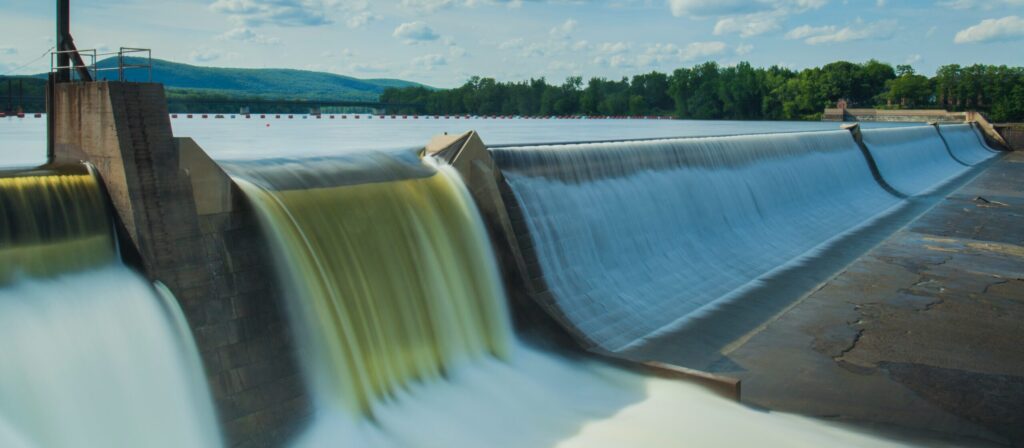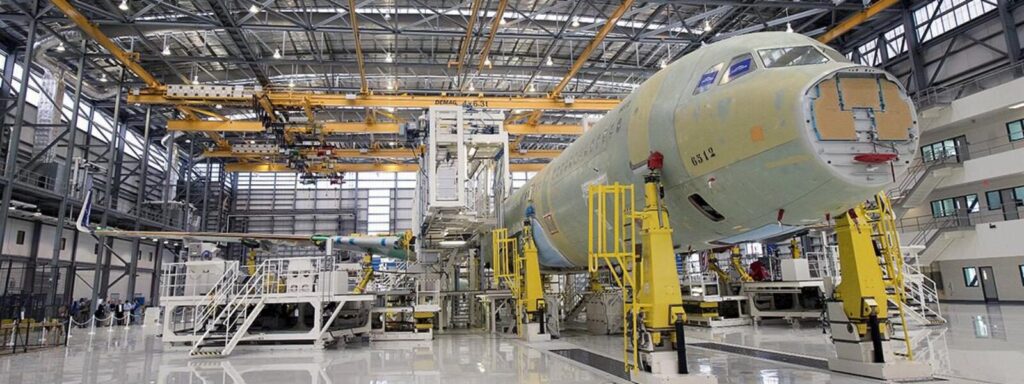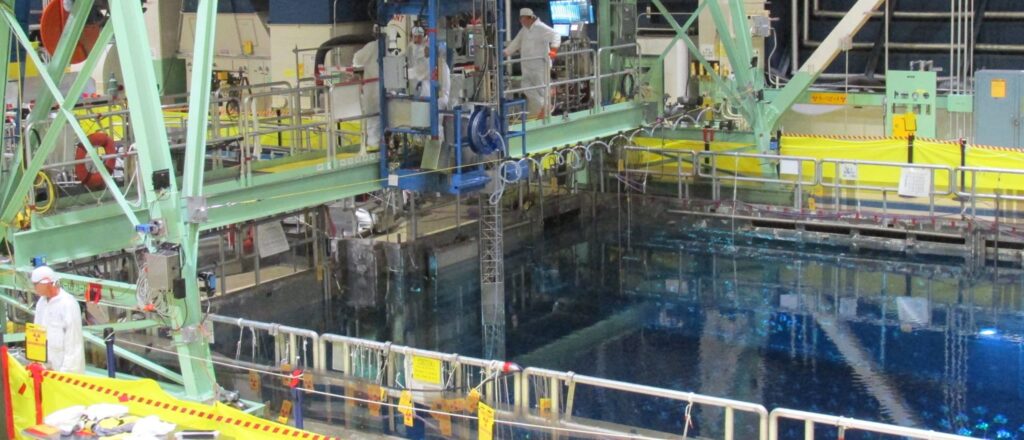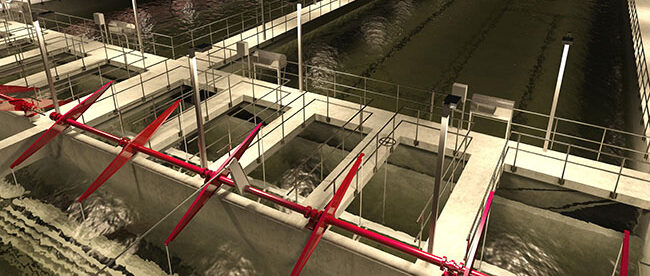There are 16 critical infrastructure sectors whose assets, systems, and networks, whether physical or virtual, are considered so vital to the United States that their incapacitation or destruction would have a debilitating effect on security, national economic security, national public health or safety, or any combination thereof. Presidential Policy Directive 21 (PPD-21): Critical Infrastructure Security and Resilience advances a national policy to strengthen and maintain secure, functioning, and resilient critical infrastructure. This directive supersedes Homeland Security Presidential Directive
The InfraGard National Members Alliance established and maintains the Sector Security and Resiliency Program (SSRP) to provide support for the 16 critical sectors at the local chapter level. The local SSPR’s exist to provide networking and information sharing between organizations, municipalities, and security stakeholders in the local private sector. The SSPR’s are open to all members of a sector. InfraGard membership is not required.
Each SSRP is led by one or more Sector Chiefs, experts and leaders from that sector who organize SSRP activities and act as the primary contact and spokesperson.
The Department of Homeland Security defines the sixteen Critical Infrastructures:
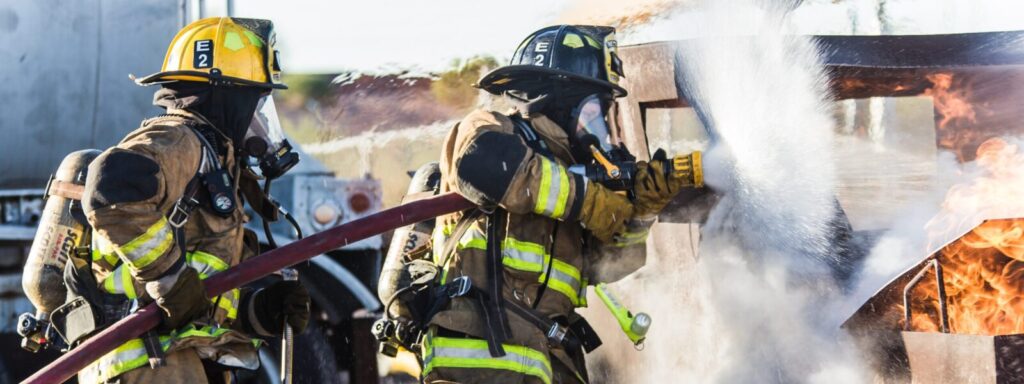
Emergency Services
Acting Sector Chief:
Rish Wood, Catalyst Partners
Scott Pruitt, Warren Averett

Financial Services
Acting Sector Chiefs
Jim Phillips, Everett Advisory Partners, LLC
Whether you are directly employed in one of these sixteen sectors, or are a concerned citizen who wants to learn more and to help protect our country, you are welcome to Join InfraGard!





